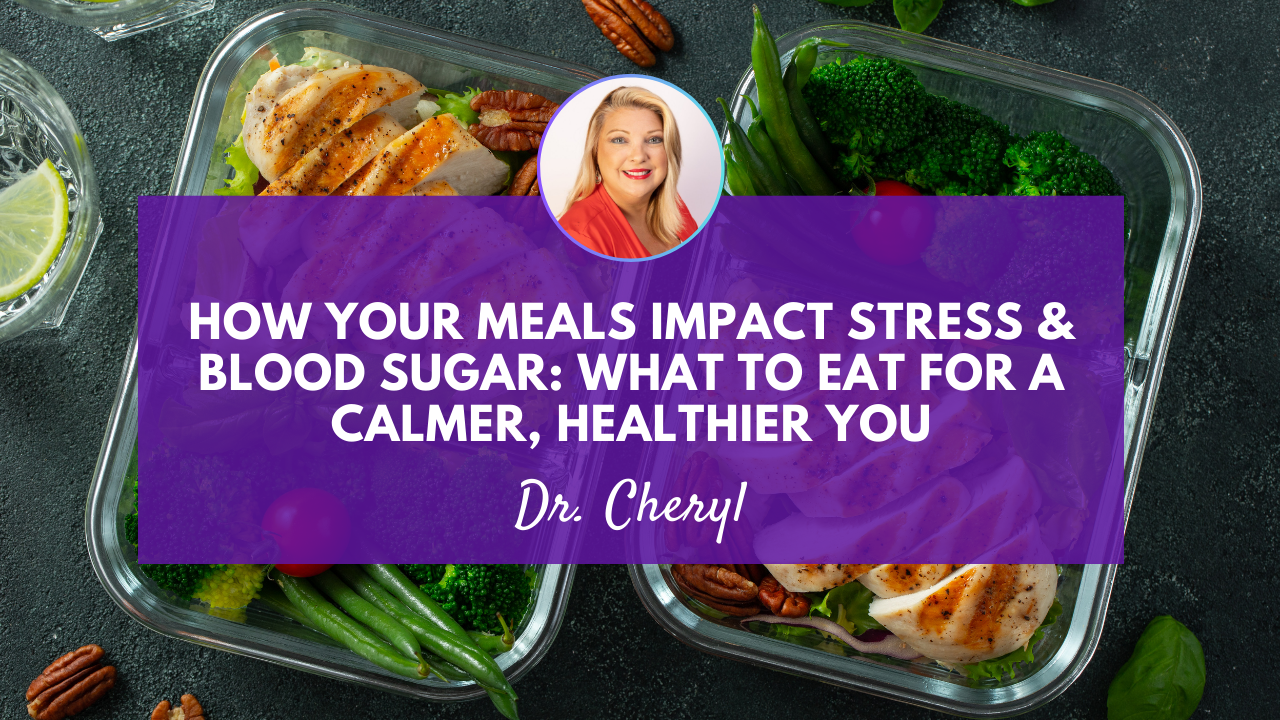
Fact of Fiction? Sugar-Free Treats are “Free” Foods for People with Diabetes
While sugar-free candy can seem like an ideal solution, it’s important to know that “sugar-free” doesn’t always mean “carb-free” or “impact-free.” Many sugar-free products contain ingredients like sugar alcohols, which can still affect blood glucose and may cause digestive issues when consumed in larger quantities.
The Fact: Sugar-Free Doesn’t Mean Carb-Free
The American Diabetes Association (ADA) advises that we should still be mindful of carb content in sugar-free treats. Many contain around 10-20 grams of carbs per serving due to ingredients like maltitol or sorbitol, which provide sweetness without sugar but still impact blood glucose. Similarly, Harvard Health notes that these sugar alcohols can cause digestive issues, like bloating and gas, if overconsumed.
Here’s what to remember:
- Read Labels: Focus on the carbohydrate count rather than just the “sugar-free” label.
- Moderate Portions: Enjoy a serving or less to avoid both blood sugar spikes and digestive discomfort.
- Beware of Sugar Alcohols: Though less impactful than sugar, sugar alcohols can still affect blood glucose.
How Sugar-Free Treats Affect Blood Sugar
Sugar alcohols don’t spike blood glucose as sharply as regular sugar, but they’re still a form of carbohydrate. Johns Hopkins Medicine recommends enjoying sugar-free treats sparingly to help keep glucose levels steady while minimizing any digestive upset.
Diabetes-Friendly Recipe: Cocoa Almond Energy Bites
These are a quick, nutritious treat with natural sweetness and low sugar content that is sure to satisfy your sweet tooth. They’re packed with fibre, protein, and healthy fats to help your sugars get into the healthy target zone.
Ingredients
- 1 cup almond flour
- 2 tablespoons unsweetened cocoa powder
- 1 tablespoon chia seeds
- 1 tablespoon unsweetened shredded coconut
- 1 tablespoon almond butter
- 2 tablespoons stevia or monk fruit sweetener (or to taste)
- 1/4 teaspoon pure vanilla extract
- 2-3 tablespoons water, as needed
Instructions
- In a bowl, combine almond flour, cocoa powder, chia seeds, shredded coconut, and sweetener. Mix well.
- Add almond butter and vanilla extract. Slowly add water, one tablespoon at a time, until the mixture sticks together.
- Roll into 12 small balls (about 1 inch each) and place on a plate.
- Store in an airtight container at room temperature for up to 3 days or refrigerate for longer freshness.
Nutritional Value (per serving, 1 bite)
- Calories: 60
- Carbohydrates: 3g
- Fibre: 1g
- Protein: 2g
- Fat: 4.5g
Each bite is low in carbs and sugar but high in fibre and healthy fats, making it a great option for you to lower and balance your blood sugar levels.
The Bottom Line: Sugar-Free Treats Aren’t Completely Free
Sugar-free doesn’t mean completely safe for blood sugar. By making mindful choices and enjoying diabetes-friendly recipes like Cocoa Almond Energy Bites, you can savour Halloween while keeping your blood glucose in check.
Happy Halloween!
___________________________________________
ABOUT THE AUTHOR

Dr. Ac., C.H., RDH
Dr. Holistic Studies, Dr. Acupuncture
Diabetes Wellness Strategist & Coach
Creator & CEO of Holistic Diabetes Solutions
8 X International Best-Selling Author
As a woman living with diabetes for over 30 years, Dr. Cheryl understands the journey firsthand. When she was diagnosed, she received the same outdated advice her grandmother was given for over four decades, who relied primarily on medication, suffered from deteriorating health and eventually lost her life to diabetes. Fueled by this experience, Dr. Cheryl was compelled to seek a better way. Through countless research studies and trials, she developed the winning holistic approach: the Diabetes Success System which merges traditional wisdom with today’s best holistic self-care practices. It has revolutionized diabetes management by providing a trusted way to maintain consistent and predictable healthy blood sugar levels.
_______________________
PROFESSIONAL DISCLAIMER
The material and content contained in this platform is for overall general diabetes health and education information only. It is not intended to constitute medical advice or to be a substitution for professional medical recommendations, diagnosis or treatment. All specific medical questions or changes you make to your medication and/or lifestyle should be discussed and addressed with your primary healthcare provider. Having the right mindset, doing the right movements at the right times of day, and eating foods that help keep blood sugar, insulin, and inflammation manageable can dramatically reduce your risk of the all-too-common complications of Diabetes, increase your energy levels and have you feeling your best every day.






